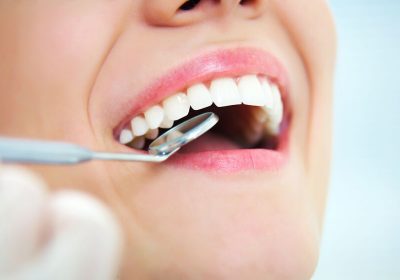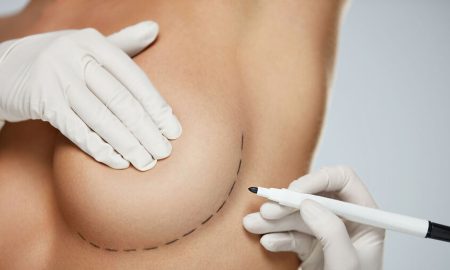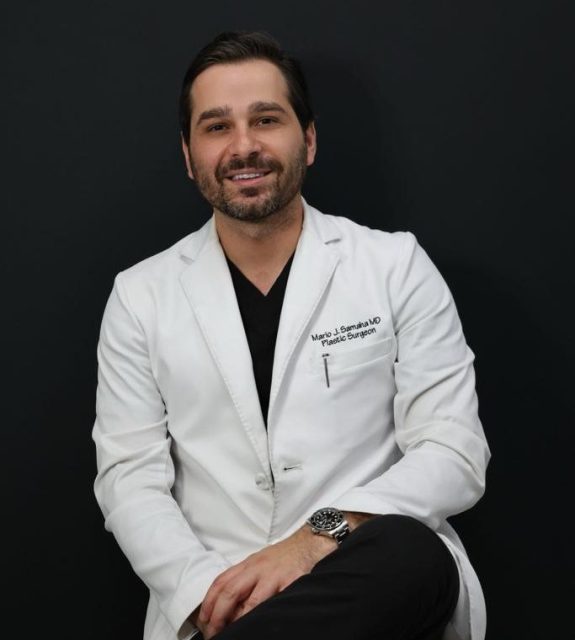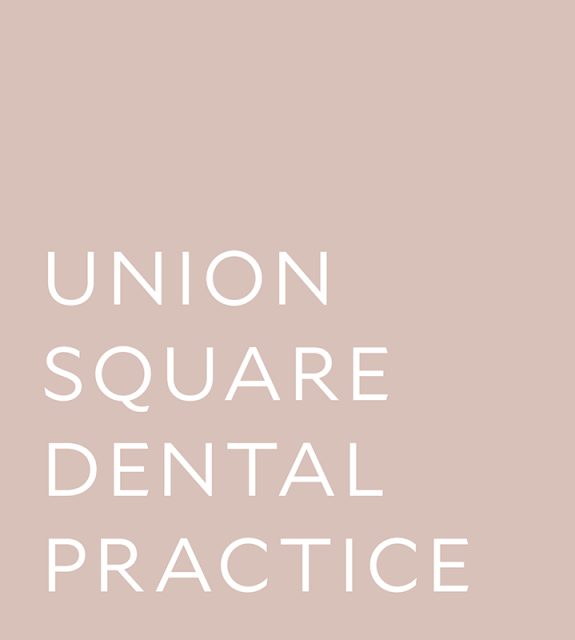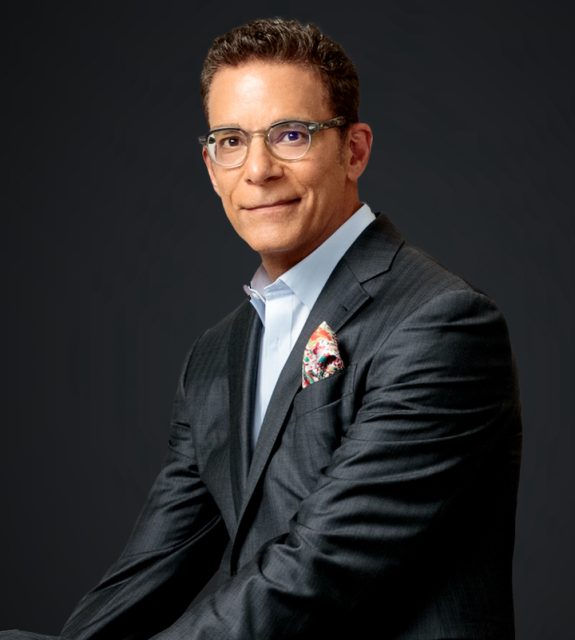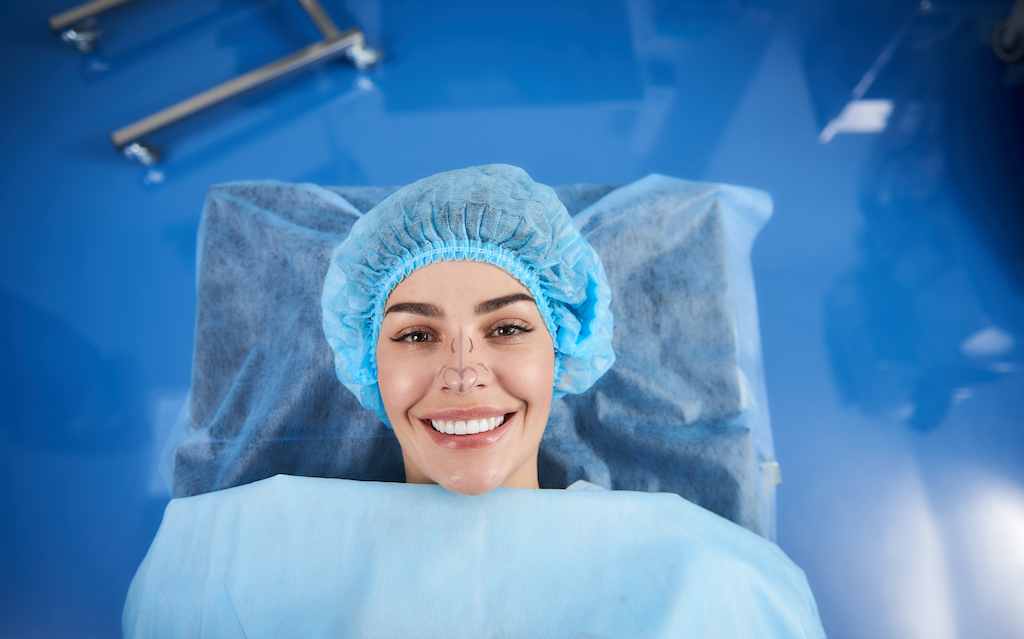
There are many emotional and physical changes a patient goes through before and after cosmetic or plastic surgery. So much, so that it’s been coined a “rollercoaster” because the ups and downs patients experience can feel like a ride at an amusement park. From excitement and fear to regret, anger, anxiety, and depression, patients may experience a myriad of emotions; and they are all normal. The body also goes through many changes from the day of surgery to months – and sometimes years – after the procedure. Haute Beauty expert Dr. S. Alexander Earle of Pure Plastic Surgery explains the twists and turns of the rollecoaster and how to cope with these emotions.
The Rollercoaster Explained
Pre-surgery excitement
Once the patient has a surgery date and has made all arrangements there’s usually a feeling of excitement. During this time, patients are looking at before and after photos, engaging with their surgeon’s social media pages, and romanticizing about how much better life, and clothes, will be after the surgery.
About two (2) days before surgery the excitement turns into nervous excitement. Patients may have doubts about the surgery, results, and reactions from friends and family. This is normal, and many patients find that meditating, doing yoga, and sharing their feelings with others help them through this stage. On the day of surgery, the nervousness can overtake the excitement and patients may begin to worry about their safety during surgery. The comment most heard on the surgery table is patients telling the surgeon to make sure they come home safely to their families.
Post-surgery emotional and physical experience
Post-surgery, patients may feel like they’ve been hit by a Mack truck. While patients are typically in pain, there is a feeling of relief that they made it through the surgery and excitement that they’ve passed a milestone. Patients may experience various degrees of physical pain and may feel lightheaded, nauseous, and lose their appetite.
The “downs” post-surgery
The excitement immediately after surgery may wear off a week after the procedure and some patients may begin to feel sad or depressed. They may start to think and say that they will “never do this again”! This phase can last three (3) to six (6) weeks and sometimes longer depending on the kind of procedure and how the patient heals. If there are any complications, this phase can last up to three (3) months.
During the post-surgery “downs”, patients may feel “yucky” because of the drains, swelling, fluids, nausea, and inflammation. They may also begin to nitpick the results of the surgery; breast augmentation patients may think their breasts are too high and Brazilian Butt Lift (BBL) patients may think the results don’t look like the image they had in their mind. In some cases, patients become angry because they don’t see the desired results right away – they want to look good NOW.
The “ups” 3 months after surgery
Three months after surgery patients begin to feel more normal as they get back in their routine, go back to work and the swelling goes down. Patients may start feeling excited as they try on clothing, buy new clothes, and post photos of their results. They can begin to see how far they have come and while they may have previously thought “never again” about an additional surgery, it is common for them to be thinking about round two or another procedure.
The “downs” 6 months after surgery
Sometimes when the excitement wears down, there are patients that experience serious post-surgery depression or anxiety likened to post-partum depression. Patients that may have had mental issues prior to surgery should discuss the surgery with their mental health practitioner beforehand. Patients who have previous concerns may need to talk to their surgeon and mental health practitioner after surgery if they are concerned about deep depression or serious bouts of anxiety. Patients with ADHD may need to stop taking medications, such as Ritalin thirty (30) days before surgery because they can cause cardiac issues while on the table. If you are experiencing anxiety or depression after surgery for the first time, please note that plastic surgeons are not able to prescribe medications for these conditions, but they can work with mental health practitioners to ensure patients are receiving the best care.

Preparing for the Rollercoaster
At Pure Plastic Surgery, we take time with each individual patient to understand their goals and the reason behind their plastic surgery journey. We discuss the emotions they are likely to face from the beginning to the end of the journey and how we will partner with them to help them through. Our staff can work with the patient’s primary care doctor and any other medical professionals to ensure the patient is receiving the best care during every step of the process. We also have “Hump Day” live every Wednesday on our Instagram, which is an opportunity for patients to learn about procedures, processes, and often risks associated with procedures. During the “Hump Day” sessions, patients can ask questions and receive answers in real-time.
Coping Strategies
Studies show that if patients are aware ahead of time of the emotional rollercoaster associated with plastic surgery, they can spend more time focused on recovery. Embracing the emotions and trusting the physical process that comes with surgery gives patients a better recovery experience.
We suggest patients find a support person – either a friend or family member they can talk to about their feelings and their physical symptoms following surgery. As each experience is unique, we recommend patients focus more on their own process rather than the results and experiences of others. One very important piece is ensuring patients follow pre-and post-operative instructions, which are provided to take away the angst and help reduce anxiety.
Having Realistic Expectations
There are times when patients show up with unrealistic expectations – wanting to look “exactly” like a celebrity, influencer, or even a friend. We are very open and honest with our patients about what we can achieve. We understand that many want to leave the operating room perfect and ready to party, but that’s unrealistic. We talk to them about what surgery does to the body and how long it takes the body to recover. We let them know if their goals are achievable at all or maybe achievable with several rounds.
Making Informed Decisions
We provide information on every part of the plastic surgery journey and speak extensively with the patient. We also require approval from their primary care doctor, blood tests, and sometimes more extensive testing to make sure they are not only emotionally ready to make the decision but that their body is also physically able to recover safely.
For more information, visit Dr. S. Alexander Earle's social media:






